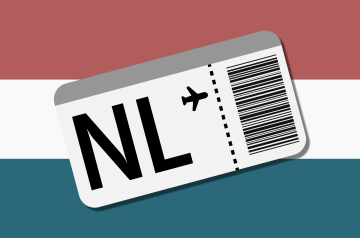How to travel with friends without any financial stressPlanning a group trip? Here's how to handle shared holiday expenses to keep everyone happy.
5 min read
Your guide to travel medical insurance
7 min read
The best bike tours in Europe
10 min read
Camping: what campsites cost
10 min read
Traveling on a budget - tips and tricks
13 min read












